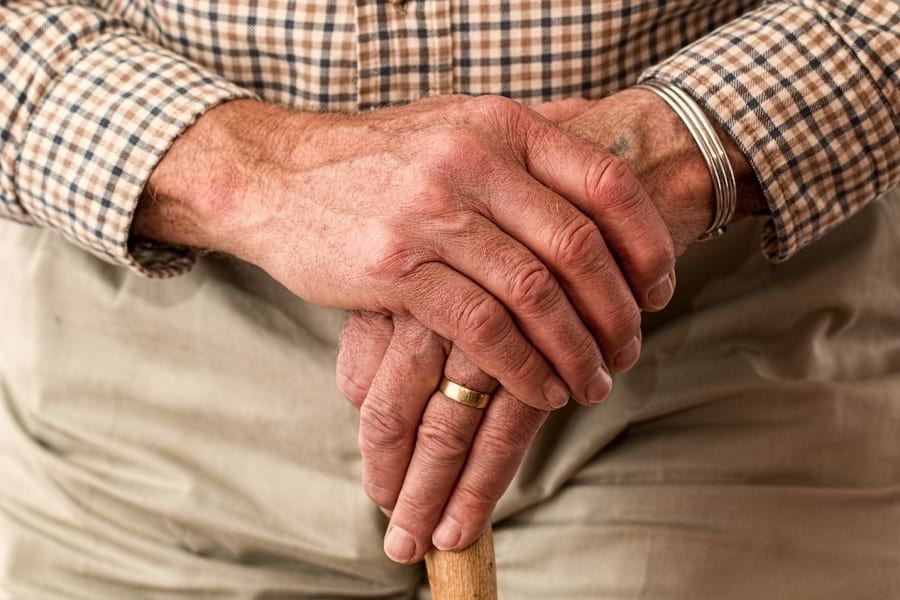As we get older, sometimes it becomes harder to carrying out day-to-day responsibilities. Even simple tasks like showers, going to the restroom, or even cooking a simple meal can be daunting tasks. For some people, adult children or even grandchildren are able to take care of them, either moving in with the elder or having the elder move in with them in order to take care of these increasingly difficult tasks.
However, not everyone has the luxury of familial support, and some elderly people need professional care either in a nursing home or assisted living.
The real question is at what point do you decide to place a relative, spouse, or even yourself into a nursing home or enlist assisted living professionals? There are important signs that it’s time for a nursing home, so it’s crucial to become familiar with these signs and how to know when it’s time for a nursing home or assisted living.
1. Mental instability
When you learn how to recognize the signs it’s time for a nursing home, many people will point out mental instability as one of the first on the list. If an elderly person is suffering from dementia, they may pose risk of aggression, wandering, and “sundowners’ syndrome,” which is agitated behavior that occurs later in the day. Acts of aggression and wandering also pose a safety risk to the person and the people around them, and it can be hard to calm them down or keep a watchful eye on them yourself.
2. Caregiver health
If an in-home caregiver, such as an adult relative, becomes too stressed from the responsibility and hardship of caring for an elderly person, it might be time to find an appropriate assisted living facility or a nursing home. This is an important part of how to know when it’s time for a nursing home because the psychological costs of caregiving can manifest in symptoms like avoidance, anxiety, intrusive thoughts and more.
3. Home safety
Especially for houses with stairs, either to the basement or a second floor, caring for an elderly person at home can be difficult and pose a risk to their safety. If the elderly person is experiencing symptoms of dementia, it becomes even more important to assess the risk of the home and the dangers it may pose like stairs, fireplaces, gas ovens and stoves and even outdoor features. When it becomes too difficult to keep the home safe for an elderly person, it becomes time to decide to place them in a nursing home or assisted living.
Abbie Obenour at The Obenour Legal Group is a legal professional well-versed and competent in family law and estate planning. Don’t let you or a loved one go without much-needed assisted living or the help of nursing home facility to take care of an elder when the time comes. Contact The Obenour Legal Group to schedule a consultation with a elder law attorney in Columbus, Ohio.

